Reinhard Oppel: Piano Music, Volume One
Reinhard Oppel (1878–1941) was a major figure in inter-War Germany, as composer, teacher and theoretician. His rich, late-Romantic music encompasses symphonies, chamber and choral music, songs and works for piano. His music went underground in East Germany – literally: after World War II, when his family fled west from the occupying Russian army, they hid his music under the garden shed and there it remained, unknown, until the fall of Communism, when his son was able to return and retrieve it. This first CD of his heart-warming, Dvořákian piano music begins a series of releases intended to win Oppel’s music the audience it deserves.
Heejung Kang, piano
Listen To This Recording:
-
Kleine Suite, Op. 26
- No. 1, Präludium – Andante, quasi Allegretto
- No. 2, Presto
- No. 3, Allegretto grazioso
- No. 4, Grave. Sehr ruhig
- No. 5, Finale – Allegro molto, quasi Presto
- I. Allegro, ma non troppo
- II. Adagio
- III. Allegro
- IV. Presto
- No. 1, Allegro
- No. 2, Andante
- No. 3, Allegro, ma non troppo
- No. 4, Allegro moderato pesante
- No. 5, Tanzmässig, ja nicht zu schnell
- Waltz I
- Waltz II
- Waltz III: Etwas schneller
Piano Sonata No. 1 in G minor
Fünf Stücke, Op. 21
Waltzes, Set II
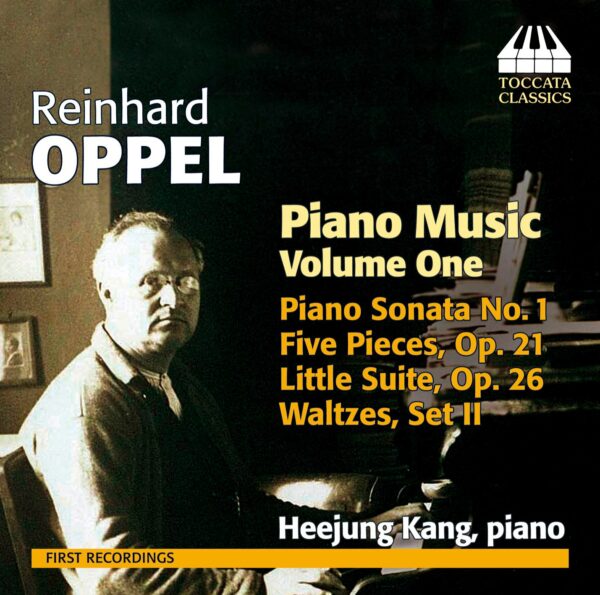
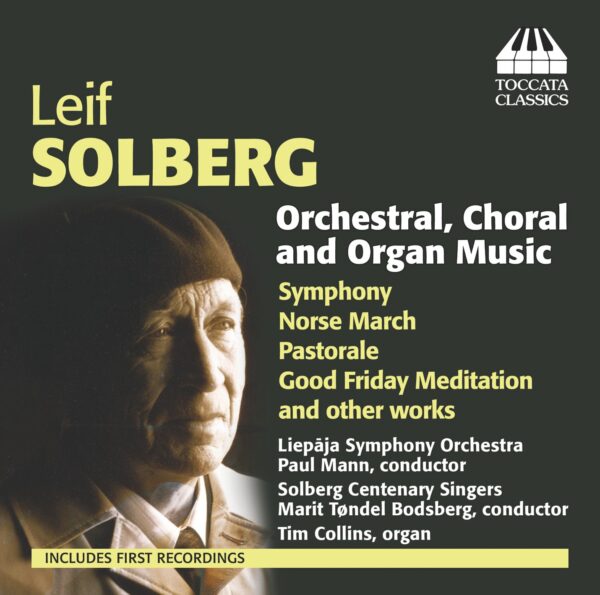
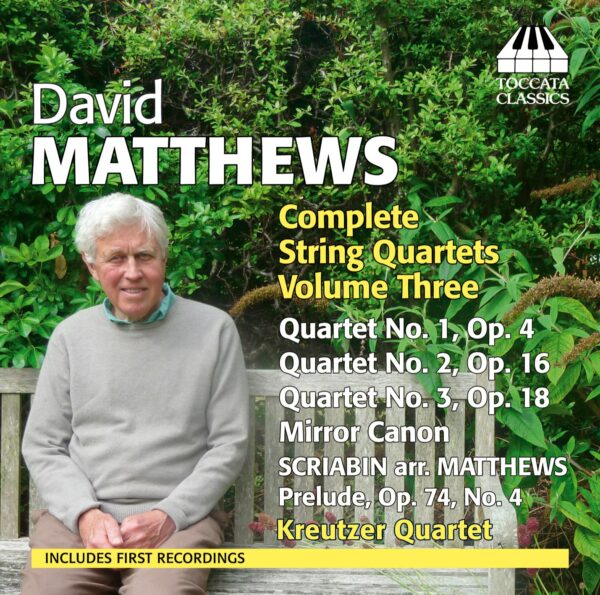
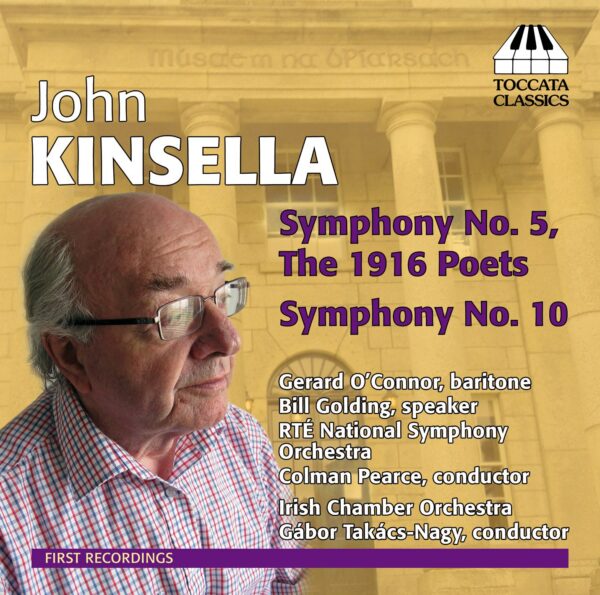
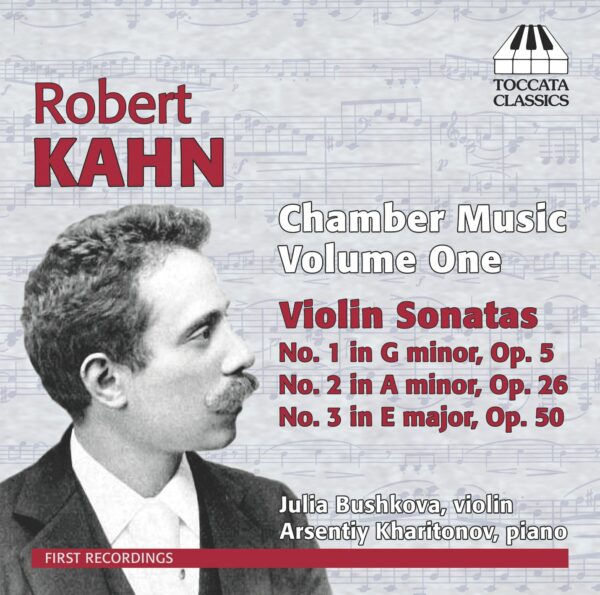
MusicWeb International :
‘…His fourth and surviving wife buried his music beneath the floor of their garden house before fleeing the Russian occupying army. …Oppel’s son returned to the house and dug up the trunk in which the scores had been kept. This recording, then, is the fruit of that labour, music that has, literally, been buried and has now been returned to the light in performances that sound to me – these are première recordings – wholly sympathetic to Oppel’s style. ..There aren’t obvious signposts as to influence, though I would say that he shows signs of having absorbed late Romanticism – Brahms especially – and also something of Reger. …The Five Pieces, Op.21 of 1913 offer a good contrast between drama and introspection whilst the drifting harmonies of the central piece, and its powerful chording, add depth still further. …There are excellent notes, and the performances, as noted, are warm, technically adroit and deftly pointed, and the recording matches Heejung Kang’s playing.’
—Jonathan Woolf, MusicWeb International